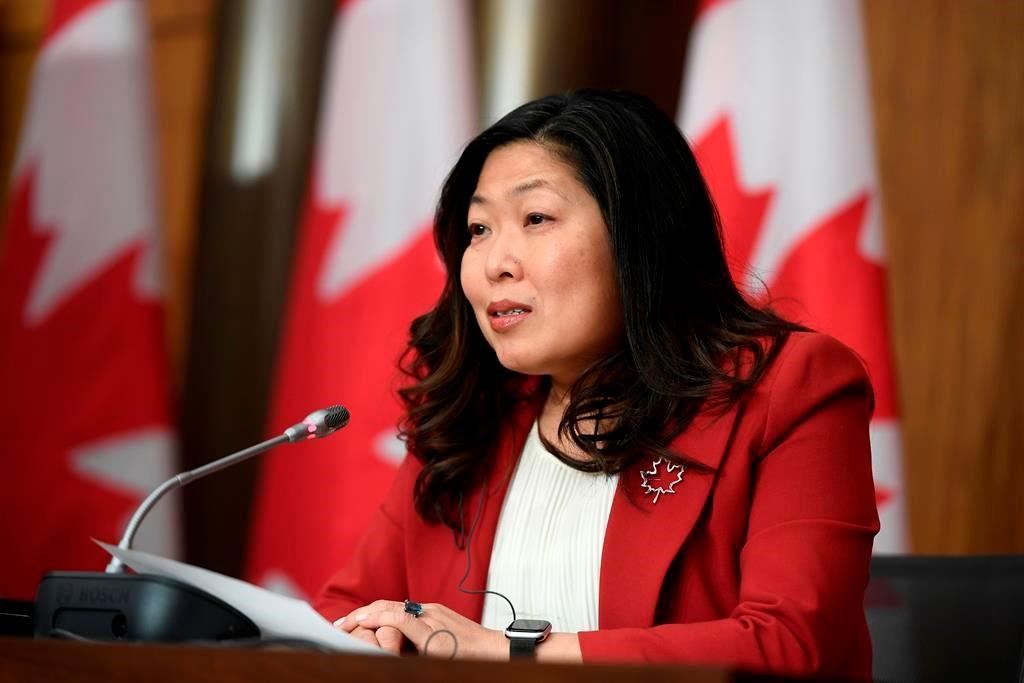A Canadian delegation is visiting Washington this week to meet with officials over a number of protectionist measures to be adopted by the United States, just weeks after leaders of the the two countries met at the North American leaders’ summit.
Global Affairs Canada (GAC) says the delegation will meet with congressional leaders and stakeholders from Dec. 1 to Dec. 3 to discuss Buy American protectionist measures recently passed in the House of Representatives, as well as a rise in tariffs on Canadian softwood lumber and trade challenges facing potato exports.





